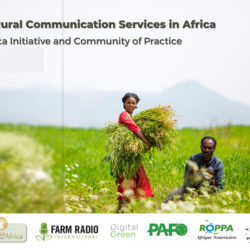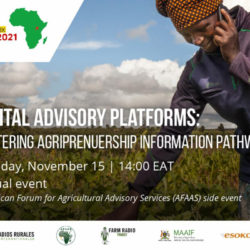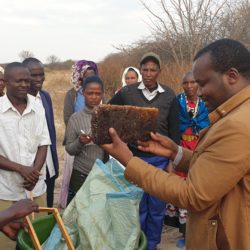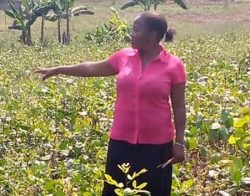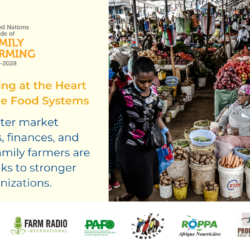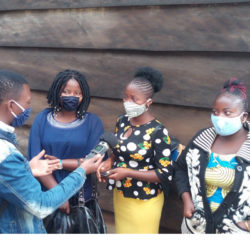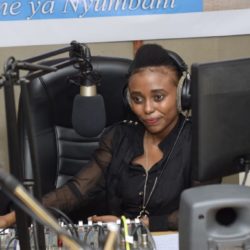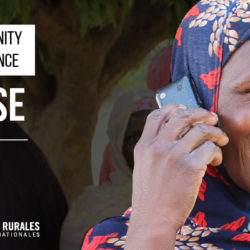Join our Rural Communication Services initiative
To advance our Rural Communication Services initiative, we will be conducting surveys and e-consultations on this platform. We would love for you to share your experiences. To join, simply register on the YenKasa Africa Forum. Learn about the RCS Framework Online consultations. Action research. Knowledge sharing. Join the Rural Communication Services initiative to learn and share your own experience. Join the e-consultation We have five questions for you to learn

